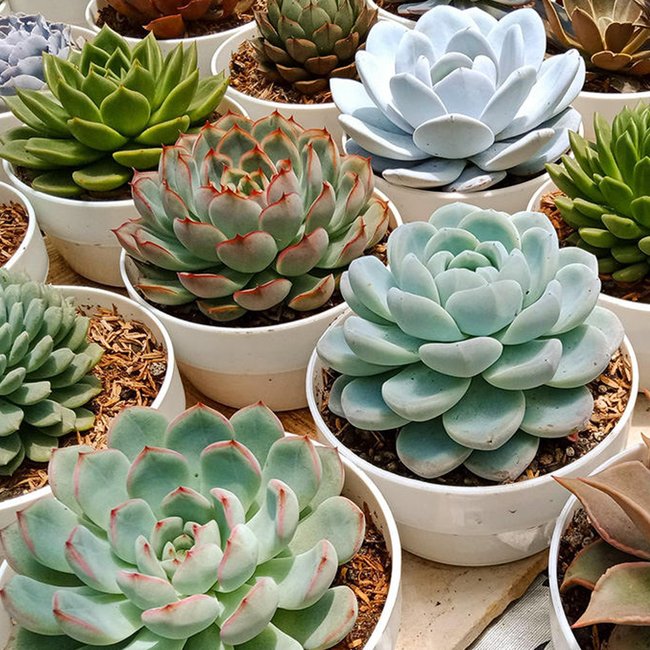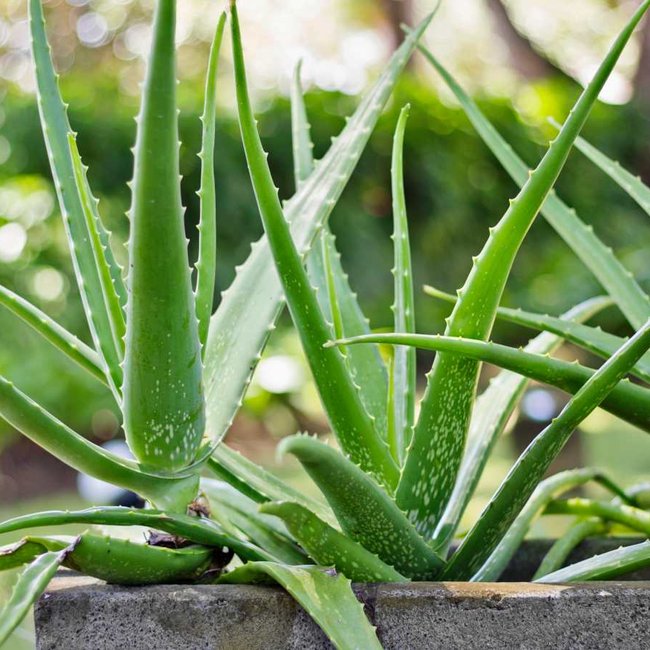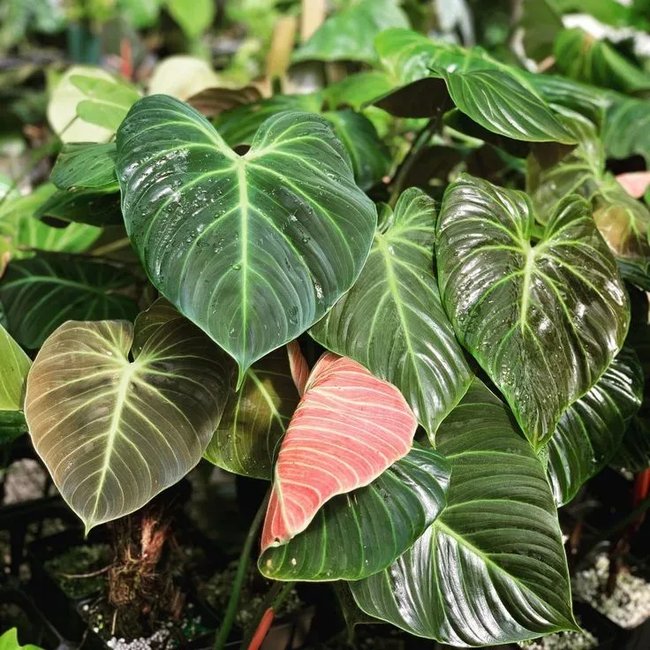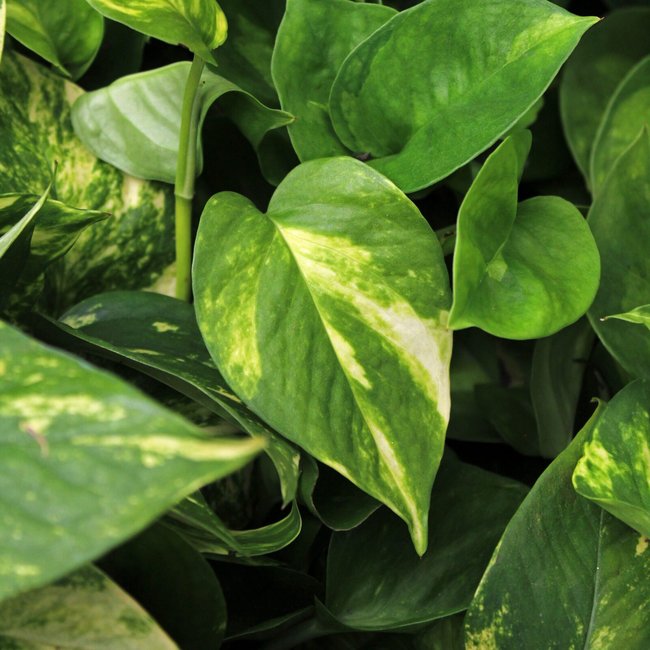Cucumbers
Cucumbers are a type of plant that belongs to the Cucurbitaceae family, which includes melons, squash, and gourds. They are widely cultivated for their edible fruit, which can be eaten raw or pickled. Cucumbers are popular in salads, sandwiches, and other dishes.
Classification and Taxonomy
Cucumbers belong to the genus Cucumis and the family Cucurbitaceae. They are closely related to melons, squash, and gourds.
Description and Characteristics
Cucumbers are annual plants that grow from seed. They have long, cylindrical fruits with a dark green skin and white flesh. The fruits can be eaten raw or pickled. Cucumbers also have large, dark green leaves and a sprawling vine-like growth habit.
Distribution and Habitat
Cucumbers are native to India but are now grown in many parts of the world. They prefer warm climates and are often grown in greenhouses.
Ecology and Reproduction
Cucumbers are pollinated by bees and other insects. The flowers are yellow and have both male and female parts. The fruits are produced from the female flowers.
Uses and Economic Importance
Cucumbers are widely cultivated for their edible fruits. They are popular in salads, sandwiches, and other dishes. Pickled cucumbers are also popular.
Conservation Status
Cucumbers are not threatened and are not listed on the IUCN Red List.
-
What are the different types of cucumbers?
There are two main types of cucumbers: slicing cucumbers and pickling cucumbers. Slicing cucumbers are typically larger and have a thicker skin, making them ideal for salads and sandwiches. Pickling cucumbers, on the other hand, are smaller and have a thinner skin, making them perfect for pickling. Additionally, there are also specialty cucumbers, such as Armenian cucumbers and lemon cucumbers, which have unique shapes and flavors.
-
How do I grow cucumbers?
Cucumbers are relatively easy to grow and can be grown in both garden beds and containers. They prefer full sun and well-drained soil that is rich in organic matter. Plant cucumber seeds or seedlings after the last frost in your area and keep the soil consistently moist. Cucumbers also benefit from a trellis or support system, as they can grow quite tall. Harvest cucumbers when they are firm and bright green, before they become overripe and bitter.
-
How do I prevent pests and diseases on my cucumber plants?
Cucumber plants are susceptible to a variety of pests and diseases, including cucumber beetles, powdery mildew, and bacterial wilt. To prevent these issues, plant disease-resistant varieties and practice good garden hygiene, such as removing any diseased plants and debris. Additionally, you can use natural pest control methods, such as neem oil or diatomaceous earth, to deter pests. Regularly inspecting your plants for any signs of pests or diseases can also help prevent any potential issues.
-
Can I eat the skin of cucumbers?
Yes, the skin of cucumbers is edible and contains many nutrients, such as fiber and vitamin C. However, if you find the skin to be tough or bitter, you can peel it before eating. Additionally, if you are concerned about pesticides or chemicals on the skin, it is recommended to choose organic cucumbers or wash them thoroughly before consuming.
-
How long do cucumbers last?
Cucumbers can last for up to one week when stored properly in the refrigerator. It is best to keep them in a plastic bag or airtight container to prevent them from drying out. Once cucumbers start to become soft or develop wrinkles, they are no longer fresh and should be discarded.
-
Can I freeze cucumbers?
While cucumbers can be frozen, they tend to become mushy and lose their texture when thawed. Therefore, it is not recommended to freeze cucumbers unless they are being used for juicing or pureeing. If you do choose to freeze cucumbers, it is recommended to slice them and blanch them in boiling water for 1-2 minutes before freezing to help preserve their texture.
-
What are the health benefits of cucumbers?
Cucumbers are a low-calorie vegetable that is rich in nutrients and antioxidants. They are an excellent source of hydration, as they are mostly water. Cucumbers also contain vitamin K, vitamin C, and potassium, which can help support bone health, boost immunity, and regulate blood pressure. Additionally, the skin of cucumbers contains fiber, which can aid in digestion and promote feelings of fullness.
10 Fun Facts About
1. Cucumbers are actually fruits, not vegetables. 2. Cucumbers are made up of 95% water. 3. Cucumbers are rich in vitamins and minerals, including Vitamin K and Potassium. 4. Cucumbers can be eaten raw, pickled, or cooked. 5. The oldest cucumber fossil dates back to 3,000 BC. 6. Cucumbers are believed to have originated in India. 7. Cucumbers are a member of the gourd family. 8. Cucumbers are used to make spa treatments and beauty products. 9. Cucumbers can be used to reduce puffiness around the eyes. 10. Cucumbers can be grown in a variety of shapes, sizes, and colors.
Pun
What did the cucumber say when it was feeling down? "Pickle me."
Similar To
Watermelon, Pumpkin, Zucchini, Squash Keywords: Cucumber, Cucumis, Cucurbitaceae, Fruit, Salad, Pickled, India, Gourd, Spa, Beauty, Watermelon, Pumpkin, Zucchini, Squash








